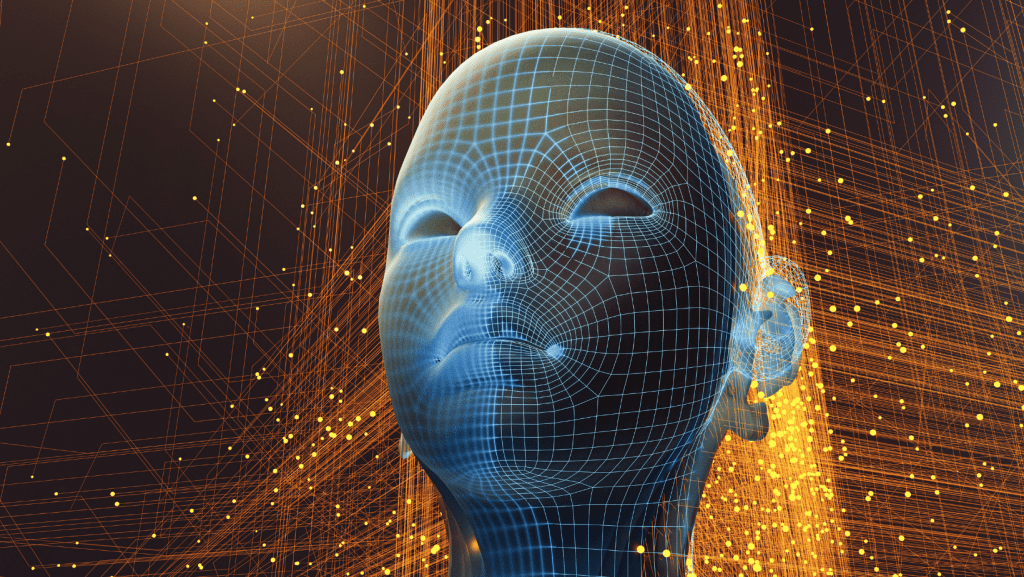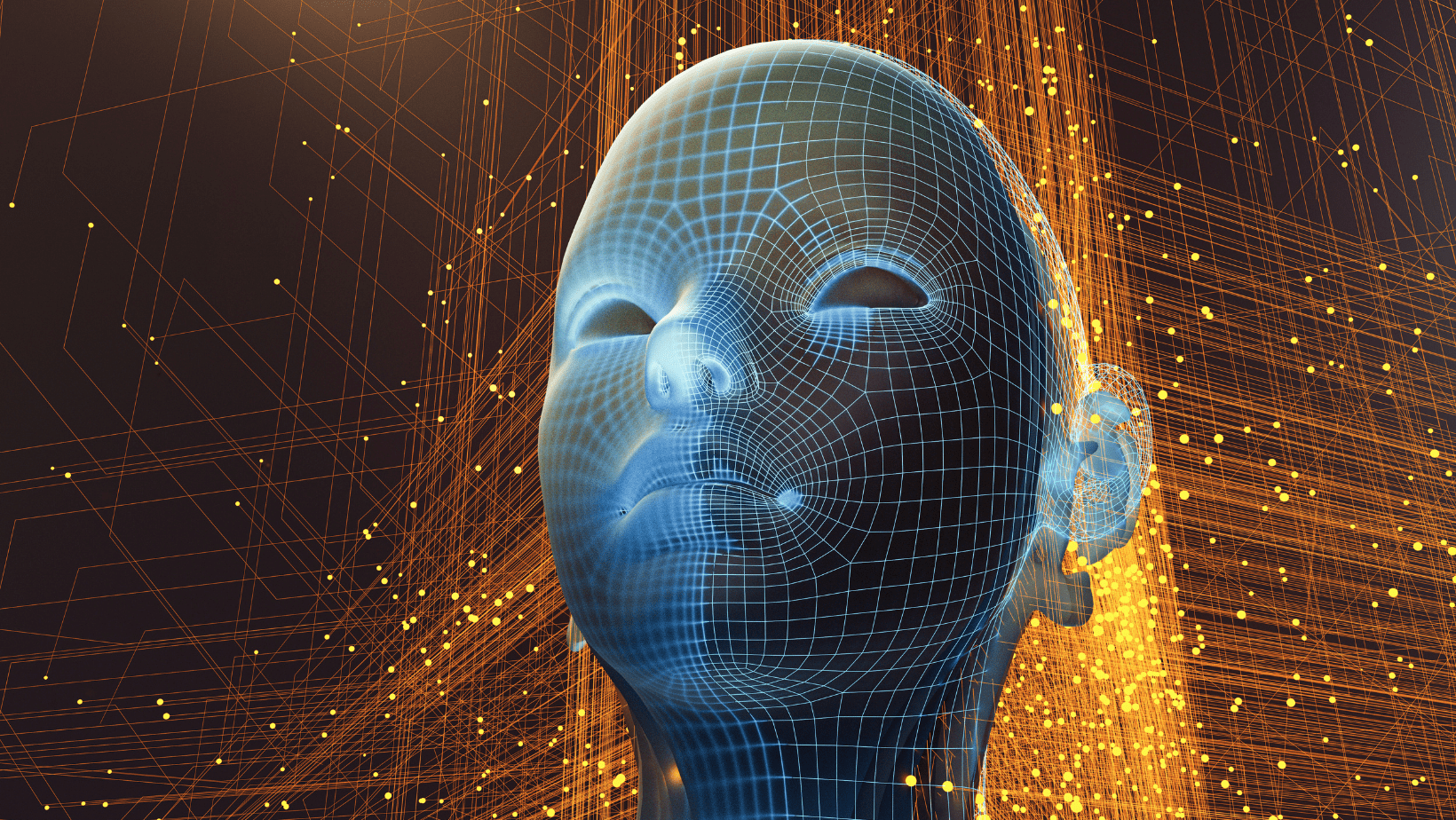The lawsuit alleges that generative AI companies used copyrighted indie music without permission or compensation.


A new legal front has opened in the ongoing debate over generative AI and copyright, as independent artist and label owner Anthony Justice has filed a class action lawsuit against leading AI music startups Udio and Suno. The complaint, filed in Massachusetts and New York respectively, accuses the companies of training their AI music models on copyrighted recordings created by independent musicians—without seeking permission or providing licensing compensation.
The lawsuit, first reported by Music Business Worldwide, alleges that Udio and Suno “elected to simply steal the songs” of independent artists rather than go through proper licensing channels. It seeks to represent a broad class of U.S.-based independent recording artists whose works may have been scraped, ingested, and repurposed by AI training systems since January 1, 2021.
A Parallel Battle to the RIAA’s Lawsuit—But With Indie Artists at the Center
This class action follows a separate high-profile lawsuit recently filed by the Recording Industry Association of America (RIAA) and major labels against the same companies. However, Justice’s case is notably different in scope and significance: it focuses on independent artists—those who often lack the institutional support and legal resources afforded to major-label acts.
According to the lawsuit, independent musicians are especially vulnerable in the current AI landscape. Much of their work is easily accessible online but not protected by exclusive licensing agreements, making it a prime target for AI companies seeking training material.
“Rather than simply license these copyrighted songs like every other tech-based business does, Suno/Udio elected to simply steal the songs,” the court filings state.
Legal Precedents and Fair Use Uncertainty
The suit also cites a recent report from the U.S. Copyright Office, which raised concerns about whether fair use protections apply to the use of expressive works, such as music, in training AI models. The Office emphasized the need for clearer legal frameworks in a rapidly evolving technological space.
Justice and his label, 5th Wheel Records, argue that using music created by independent artists to train AI systems—ultimately enabling the generation of derivative or competing works—constitutes direct infringement, not transformative use.
The lawsuit questions the ethical and legal foundations of AI-generated music in the commercial space and asserts that the models trained on real human creativity are undermining the creators themselves.
Udio and Suno Under Increasing Scrutin
Both Udio and Suno have previously defended their technologies by stating that they do not copy existing songs and that their models are trained to generate original compositions. The companies claim to use filtering systems designed to prevent the replication of protected material.
Still, the timing of the lawsuit is notable, as both startups are reportedly in licensing negotiations with major music labels. Justice’s legal action underscores the growing concern that independent creators may be left out of these discussions entirely, receiving no representation or restitution.
The class action lawsuit is an attempt to change that dynamic—seeking legal recognition, compensation, and structural reform to ensure that AI development does not come at the expnse of the artists who built the industry.

